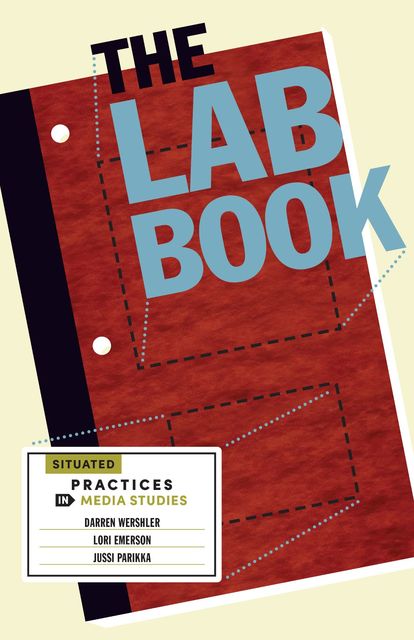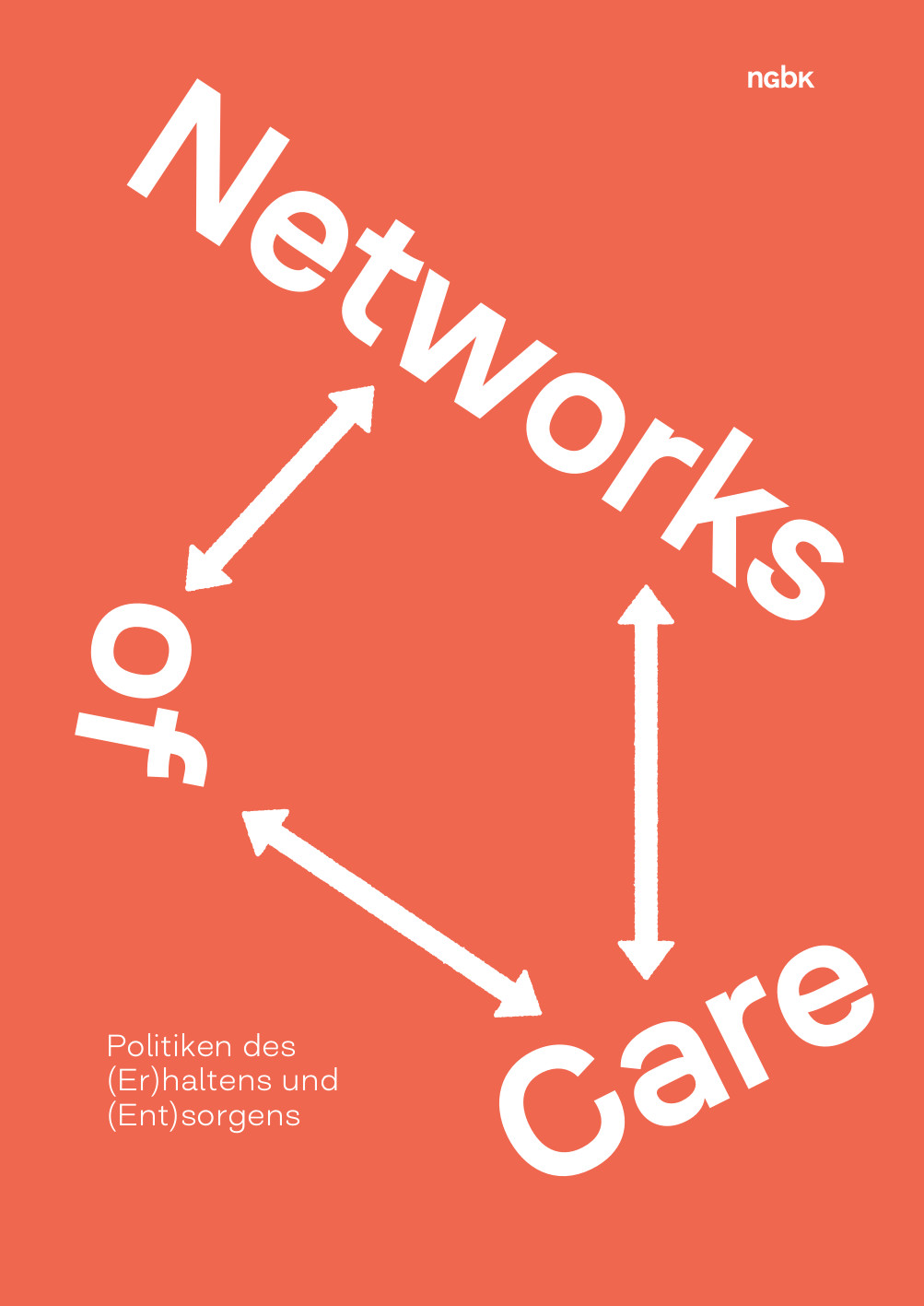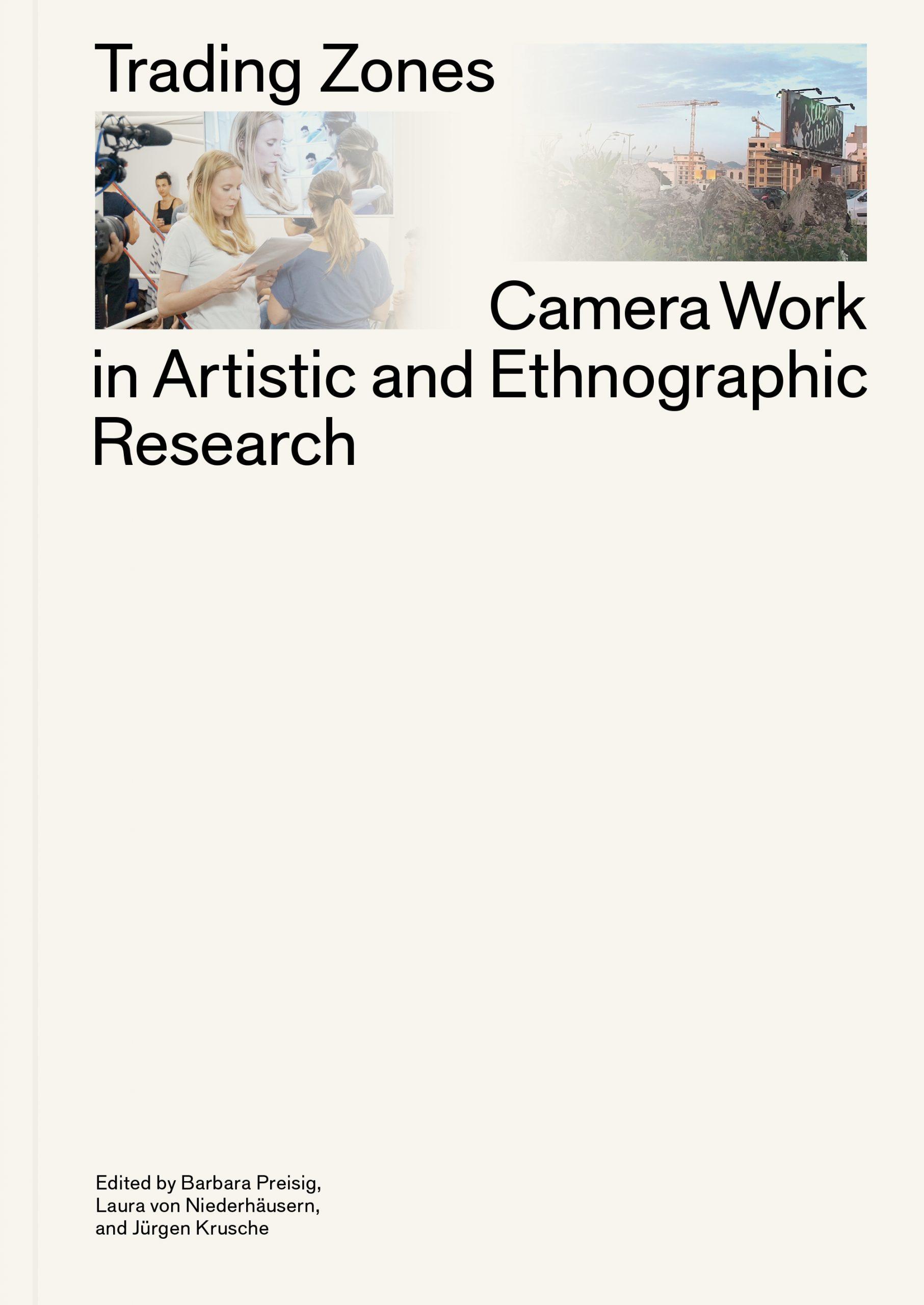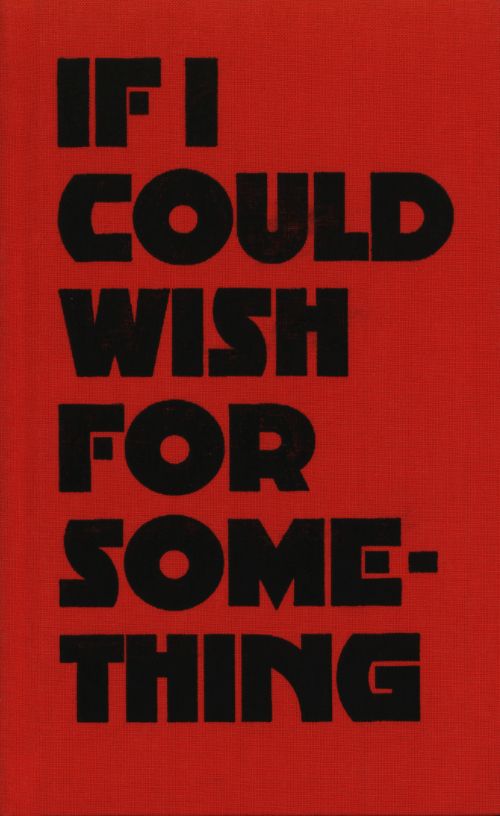Difference between revisions of "Monoskop"
| Line 25: | Line 25: | ||
<div style="clear:both"></div><br> | <div style="clear:both"></div><br> | ||
| − | [[Image:Second_Spring_Exhibition_of_OBMOKhU_Moscow_May-June_1921.jpg|thumb|link=Constructivism|250px|[[Constructivism|Russian and | + | [[Image:Second_Spring_Exhibition_of_OBMOKhU_Moscow_May-June_1921.jpg|thumb|link=Constructivism|250px|[[Constructivism|Russian and East-Central European constructivism]] ]] |
<div style="clear:both"></div><br> | <div style="clear:both"></div><br> | ||
| − | [[Image:Lissitzky_El_1924_Proun_99.jpg|thumb|link=Lissitzky|250px|[[Lissitzky|El Lissitzky (1890-1941), | + | [[Image:Lissitzky_El_1924_Proun_99.jpg|thumb|link=Lissitzky|250px|[[Lissitzky|El Lissitzky (1890-1941), avant-garde artist, designer, photographer, typographer and architect]] ]] |
<div style="clear:both"></div><br> | <div style="clear:both"></div><br> | ||
| − | [[Image:Punin_Nikolay_Pamyatnik_III_internatsionala.jpg|thumb|link=Russia#Avant-garde|250px|[[Russia#Avant-garde| | + | [[Image:Punin_Nikolay_Pamyatnik_III_internatsionala.jpg|thumb|link=Russia#Avant-garde|250px|[[Russia#Avant-garde|Extensive collection of writings of and on Russian avant-garde]] ]] |
<div style="clear:both"></div><br> | <div style="clear:both"></div><br> | ||
| Line 40: | Line 40: | ||
<div style="clear:both"></div><br> | <div style="clear:both"></div><br> | ||
| − | [[Image:Brouillet_Andre_1887_A_Lesson_on_Hysteria.jpg|thumb|link=Freud|250px|[[Freud| | + | [[Image:Brouillet_Andre_1887_A_Lesson_on_Hysteria.jpg|thumb|link=Freud|250px|[[Freud|Works of Sigmund Freud in 3 languages]] ]] |
<div style="clear:both"></div><br> | <div style="clear:both"></div><br> | ||
| − | [[Image:Levi-Strauss_Claude_La_pensee_sauvage_1962.jpg|thumb|link=Levi-Strauss|250px|[[Levi-Strauss| | + | [[Image:Levi-Strauss_Claude_La_pensee_sauvage_1962.jpg|thumb|link=Levi-Strauss|250px|[[Levi-Strauss|Works of Claude Lévi-Strauss]] ]] |
<div style="clear:both"></div><br> | <div style="clear:both"></div><br> | ||
| − | [[Image:Marx_Karl_1847_Manifest_der_Kommunistischen_Partei_manuscript_page.jpg|thumb|link=Marx|250px|[[Marx| | + | [[Image:Marx_Karl_1847_Manifest_der_Kommunistischen_Partei_manuscript_page.jpg|thumb|link=Marx|250px|[[Marx|Works of Karl Marx]] ]] |
<div style="clear:both"></div><br> | <div style="clear:both"></div><br> | ||
[[Image:GWF_Hegel.jpg|thumb|link=Hegel|250px|[[Hegel|Selected works of G.W.F. Hegel]] ]] | [[Image:GWF_Hegel.jpg|thumb|link=Hegel|250px|[[Hegel|Selected works of G.W.F. Hegel]] ]] | ||
| − | |||
| − | |||
| − | |||
<div style="clear:both"></div><br> | <div style="clear:both"></div><br> | ||
| Line 64: | Line 61: | ||
<div style="clear:both"></div><br> | <div style="clear:both"></div><br> | ||
| − | [[Image:Donna_Haraway.jpg|thumb|link=Haraway|250px|[[Haraway| | + | [[Image:Donna_Haraway.jpg|thumb|link=Haraway|250px|[[Haraway|Works of Donna Haraway]] ]] |
<div style="clear:both"></div><br> | <div style="clear:both"></div><br> | ||
| Line 82: | Line 79: | ||
<div style="clear:both"></div><br> | <div style="clear:both"></div><br> | ||
| − | [[Image:Teodoro_Wolf-Ferrari_1912_Poster_for_M1_the_first_Olivetti_typewriter.jpg|thumb|link=Kittler|250px|[[Kittler| | + | [[Image:Teodoro_Wolf-Ferrari_1912_Poster_for_M1_the_first_Olivetti_typewriter.jpg|thumb|link=Kittler|250px|[[Kittler|Works of Friedrich Kittler (1943-2011)]] ]] |
<div style="clear:both"></div><br> | <div style="clear:both"></div><br> | ||
| Line 88: | Line 85: | ||
<div style="clear:both"></div><br> | <div style="clear:both"></div><br> | ||
| − | [[Image:Whitehead_Alfred_North_Process_and_Reality.jpg|thumb|link=Whitehead|250px|[[Whitehead| | + | [[Image:Whitehead_Alfred_North_Process_and_Reality.jpg|thumb|link=Whitehead|250px|[[Whitehead|Works of process philosopher Albert North Whitehead (1861-1947)]] ]] |
<div style="clear:both"></div><br> | <div style="clear:both"></div><br> | ||
| Line 94: | Line 91: | ||
<div style="clear:both"></div><br> | <div style="clear:both"></div><br> | ||
| − | [[Image:Baruch_Spinoza.jpg|thumb|link=Spinoza|250px|[[Spinoza| | + | [[Image:Baruch_Spinoza.jpg|thumb|link=Spinoza|250px|[[Spinoza|Works of Baruch Spinoza (1632-77), with short annotations, reviews, and account of his life by Gilles Deleuze.]] ]] |
| − | |||
| − | |||
| − | |||
<div style="clear:both"></div><br> | <div style="clear:both"></div><br> | ||
| Line 123: | Line 117: | ||
<div style="clear:both"></div><br> | <div style="clear:both"></div><br> | ||
| − | [[Image:Comenius_1705_Orbis_Pictus_index_page.jpg|thumb|link=Index|250px|[[Index|Monoskop Index: | + | [[Image:Comenius_1705_Orbis_Pictus_index_page.jpg|thumb|link=Index|250px|[[Index|Monoskop Index: ABC of art, media and humanities]] ]] |
<div style="clear:both"></div><br> | <div style="clear:both"></div><br> | ||
| Line 132: | Line 126: | ||
<div style="clear:both"></div><br> | <div style="clear:both"></div><br> | ||
| − | [[Image: | + | [[Image:Lenin_plays_chess_with_Bogdanov_during_a_visit_to_Gorky_April_1908.jpg|thumb|link=Bogdanov|250px|[[Bogdanov|Writings by and about revolutionary philosopher, utopian fiction writer and early systems theorist Alexander Bogdanov (1873-1928)]] ]] |
<div style="clear:both"></div><br> | <div style="clear:both"></div><br> | ||
| − | [[Image: | + | [[Image:Simondon_Gilbert_1958_Le_processus_de_concretisation.jpg|thumb|link=Simondon|250px|[[Simondon|A bibliography of works of philosopher of individuation and technology Gilbert Simondon (1924-89)]] ]] |
<div style="clear:both"></div><br> | <div style="clear:both"></div><br> | ||
| − | [[Image: | + | [[Image:Gilles_Deleuze_and_Felix_Guattari.jpg|thumb|link=Deleuze|250px|Works of [[Gilles Deleuze]] (1925-95) and [[Félix Guattari]] (1930-92). ]] |
<div style="clear:both"></div><br> | <div style="clear:both"></div><br> | ||
| − | [[Image: | + | [[Image:From_Victor_Turner_The_Ritual_Process_Structure_and_Anti-Structure_1969.jpg|thumb|link=Cultural_techniques|250px|[[Cultural techniques|Introduction to cultural techniques]] ]] |
<div style="clear:both"></div><br> | <div style="clear:both"></div><br> | ||
| − | [[Image: | + | [[Image:Vilem_Flusser_with_his_family_Sao_Paulo_1969_or_1970.jpg|thumb|link=Flusser|250px|[[Flusser|Multilingual bibliography of works of Vilém Flusser (1920-91)]] ]] |
<div style="clear:both"></div><br> | <div style="clear:both"></div><br> | ||
| − | [[Image: | + | [[Image:PLC_Brno_1933.jpg|thumb|link=Prague_school|250px|[[Prague school|Introduction to and bibliography of Prague Linguistic Circle]] ]] |
<div style="clear:both"></div><br> | <div style="clear:both"></div><br> | ||
| − | [[Image: | + | [[Image:JE_Purkyne_Faces_1869.jpg|thumb|link=Purkyne|250px|[[Purkyne|Life and works of physiologist, biologist, poet and philosopher Jan Evangelista Purkyně (1787-1869)]] ]] |
<div style="clear:both"></div><br> | <div style="clear:both"></div><br> | ||
| − | [[Image: | + | [[Image:Laokoon_1830-34.jpg|thumb|link=Winckelmann|250px|[[Winckelmann|Selected works of Johann Joachim Winckelmann (1717-68)]] ]] |
| − | |||
| − | |||
| − | |||
<div style="clear:both"></div><br> | <div style="clear:both"></div><br> | ||
Revision as of 21:39, 5 April 2017
|
Welcome to Monoskop, a wiki for collaborative studies of the arts, media and humanities. This page shows a selection of the latest additions to the website. For more detailed overview see the Recent, Contents, Index and Media library sections. Updates are also being posted on Twitter and Facebook. Monoskop supports the open letter In solidarity with Library Genesis and Sci-Hub. Recent entries
|
|
Monoskop Log
You are welcome to follow and join us on mastodon at post.lurk.org/@monoskop.

“From the “Big Science” of Bell Laboratories to the esoteric world of séance chambers to university media labs to neighborhood makerspaces, places we call “labs” are everywhere—but how exactly do we account for the wide variety of ways that they produce knowledge? More than imitations of science and engineering labs, many contemporary labs are hybrid forms that require a new methodological and theoretical toolkit to describe. The Lab Book investigates these vital, creative spaces, presenting readers with the concept of the “hybrid lab” and offering an extended—and rare—critical investigation of how labs have proliferated throughout culture.
Organized by interpretive categories such as space, infrastructure, and imaginaries, The Lab Book uses both historical and contemporary examples to show how laboratories have become fundamentally connected to changes in the contemporary university. Its wide reach includes institutions like the MIT Media Lab, the Tuskegee Institute’s Jesup Wagon, ACTLab, and the Media Archaeological Fundus. The authors cover topics such as the evolution and delineation of lab-based communities, how labs’ tools and technologies contribute to defining their space, and a glossary of key hybrid lab techniques.”
Publisher University of Minnesota Press, March 2022
ISBN 9781517902179, 1517902177
x+333 pagesProject website
Publisher
WorldCatHTML (Manifold)

“In 2021, Networks of Care offered a platform at the nGbK enabling an exchange of ideas and information between practitioners and experts concerning strategies for dealing with artistic estates, private and public archives, or idle documentation volumes. The present contributions reflect—in their theoretical analyses and also partly fleeting or historical thoughts, notes, and reflections and through their polyphony and contradictoriness—the fact that practices of preserving and discarding are always also political and must be understood principally as unfinished processes of continuous selecting, deciding, translating, transferring, actualizing, and transforming. The publication concludes with a preliminary interim result and a proposal for next steps regarding these structural and cultural-political challenges.”
With contributions by Dušan Barok, Nanne Buurman, Amalia Calderòn, Mela Dávila Freire, Annet Dekker, Lukas Fuchsgruber, Michael Hiltbrunner, Megan Hoetger, Bettina Knaup, Christin Lahr, Anne Luther, Katalin Krasznahorkei, Laurence Rassel, Peter Rehberg, Elske Rosenfeld, Friederike Schäfer, Anna Schäffler, Olga Schubert, Cornelia Sollfrank, Ingrid Wagner, and Mark Waugh.
Publisher neue Gesellschaft für bildende Kunst (nGbK), Berlin, May 2022
ISBN 9783938515952
178 pages
Trading Zones: Camera Work in Artistic and Ethnographic Research (2022)

“This book introduces camera-based practices at the intersections of artistic and ethnographic research that critically examine the means of their own production and social embeddedness. In shared practices such as recording in the field, editing in post-production and modes of presentation, the camera is involved as an agent rather than an innocent device. How does the camera grapple with the invisible and how does it reveal what the camerawoman is unable to see? How do films, videos and photographs provide access to vulnerable knowledges and what presentation formats can extend the linearity of narration?
Taking account of their own situatedness and the limits of representation, many of this book’s contributors attempt to speak with — rather than about — the other. These negotiations appearing in the featured projects open up a shared field of artistic and ethnographic inquiry, whose potential — for experiments and reflections — is far from exhausted.”
Contributions by Sepideh Abtahi, Shirin Barghnavard, Laura Coppens, Louis Henderson, Heidrun Holzfeind, Mina Keshavarz, Daniel Kötter, Jürgen Krusche, Bärbel Küster, Bina Elisabeth Mohn, Laura von Niederhäusern, Uriel Orlow, Barbara Preisig, Rani al Raji, Nahid Rezaei, Anette Rose, Sahar Salahshoori, Christoph Schenker, Amira Solh, Lena Maria Thüring, Zheng Mahler.
Edited by Barbara Preisig, Laura von Niederhäusern, and Jürgen Krusche
Publisher Archive Books, Berlin
Creative Commons BY-NC-ND 4.0 license
ISBN 9783948212827
164 pages
Dora García (ed.): If I Could Wish for Something (2021)

“In 1930, German film composer Friedrich Hollaender wrote “Wenn ich mir was wünschen dürfte”, famously performed by Marlene Dietrich. It inspired the foundation of Dora García’s exhibition ‘If I Could Wish for Something’ and this accompanying publication. The song serves as a powerful expression of a complex concept: sadness as political strength. García in turn connects this concept with women’s struggles for emancipation. Disappointed in the promise made to them by revolutionary movements, which for now remains unfulfilled, women are seeking to transform this feeling to overcome the temptation of victimhood and open up the possibility of an ethical encounter. ”
With texts by Antonio Cataldo, Saddie Choua, Paloma Contreras Lomas, Dora García, Agnieszka Gratza, Carla Lamoyi, Hilde Methi, Andrea Valdés, Sayak Valencia, and Pieternel Vermoortel.
Publisher Fotogalleriet, Oslo, and Netwerk Aalst, Aalst, 2021
ISBN 9789081080064, 9081080067
222 pages
via KHiO










































